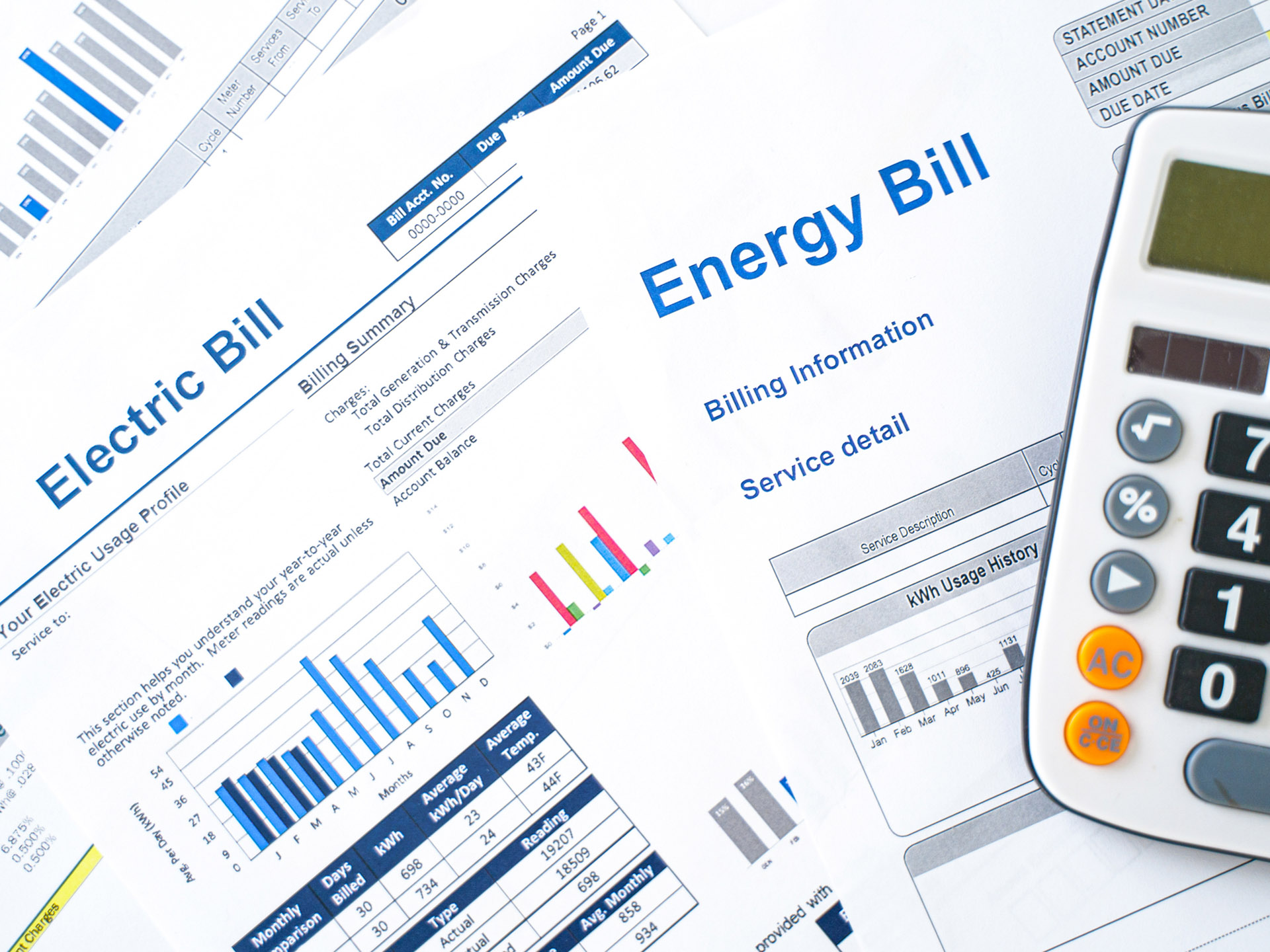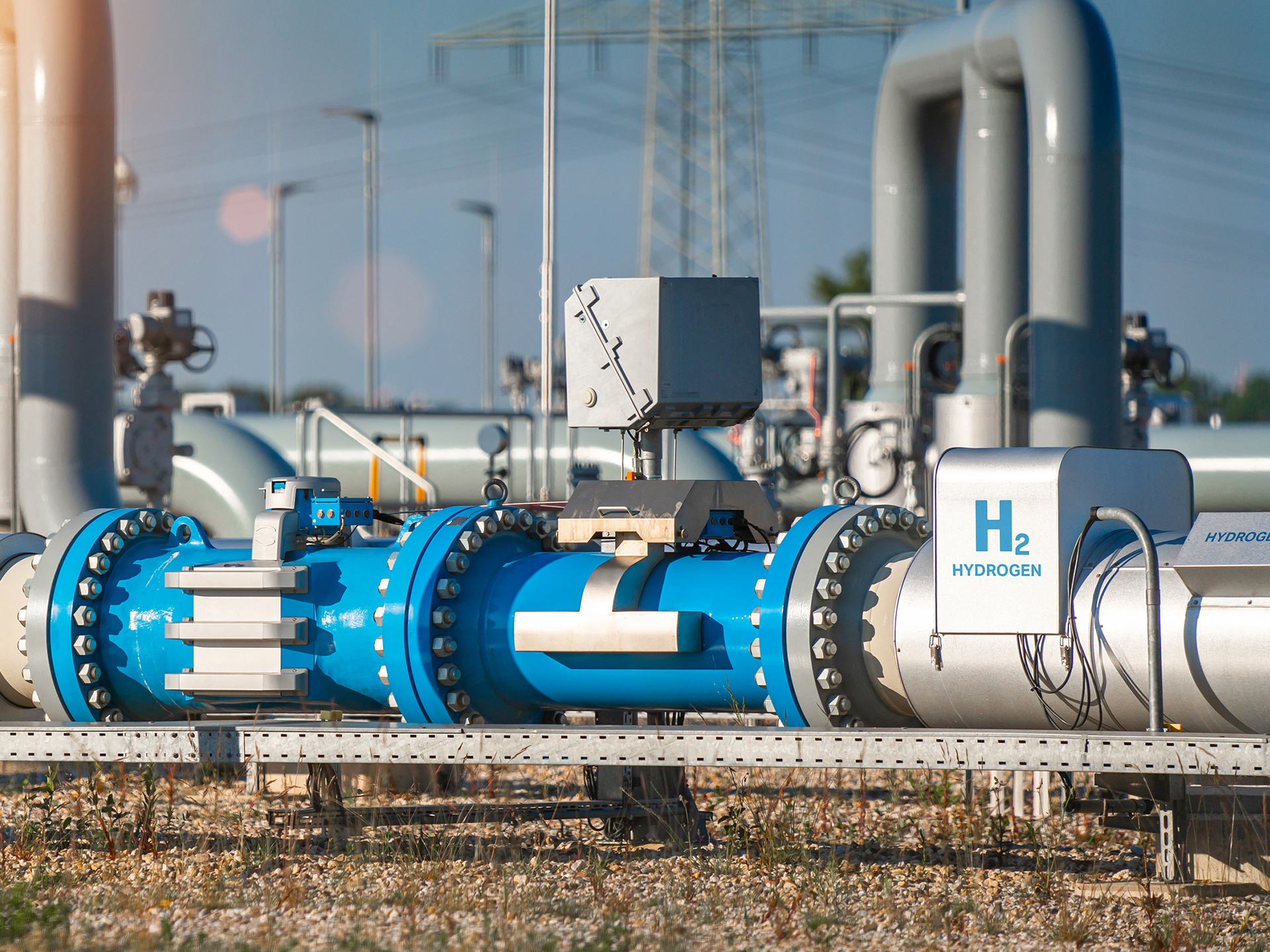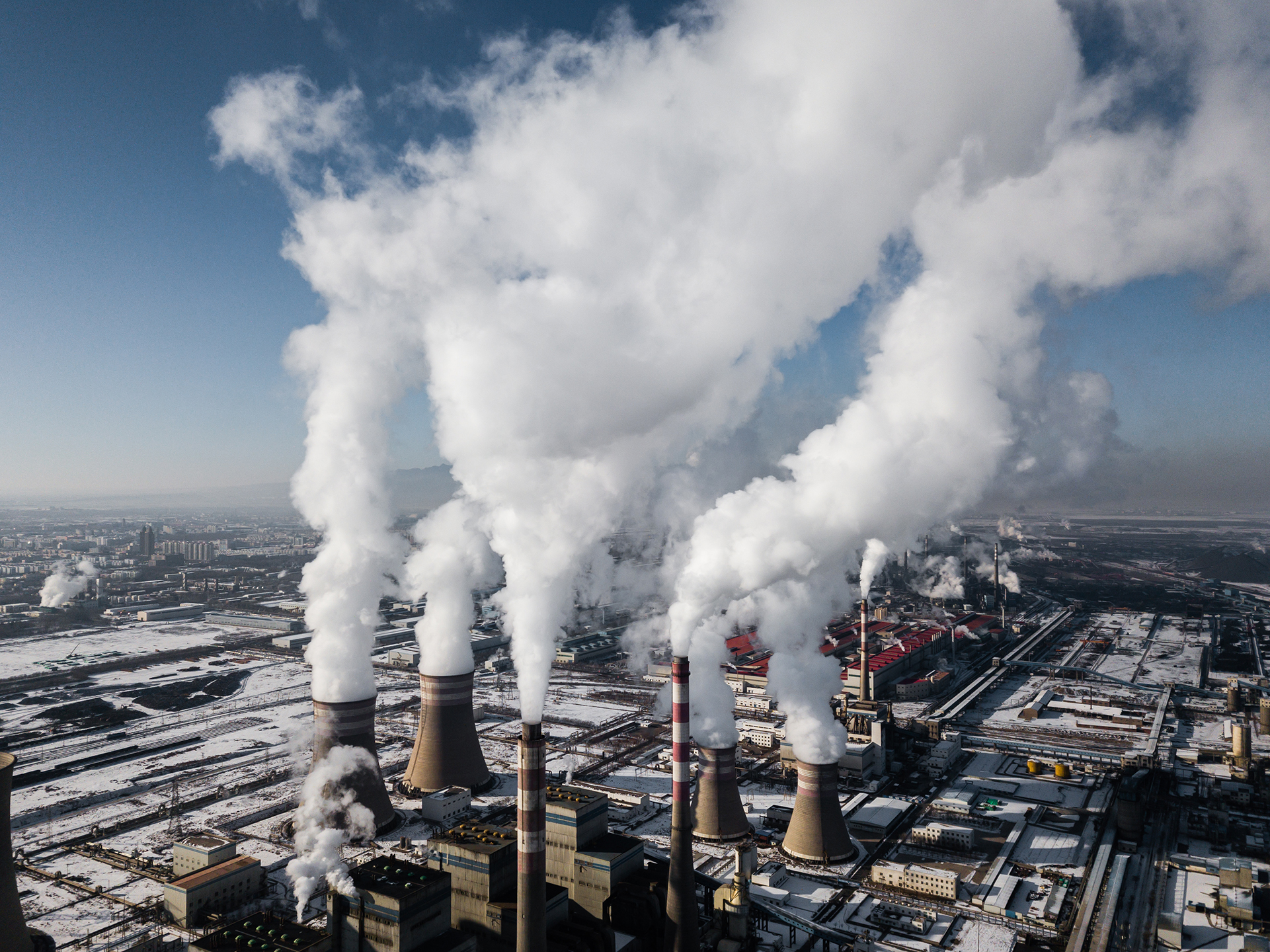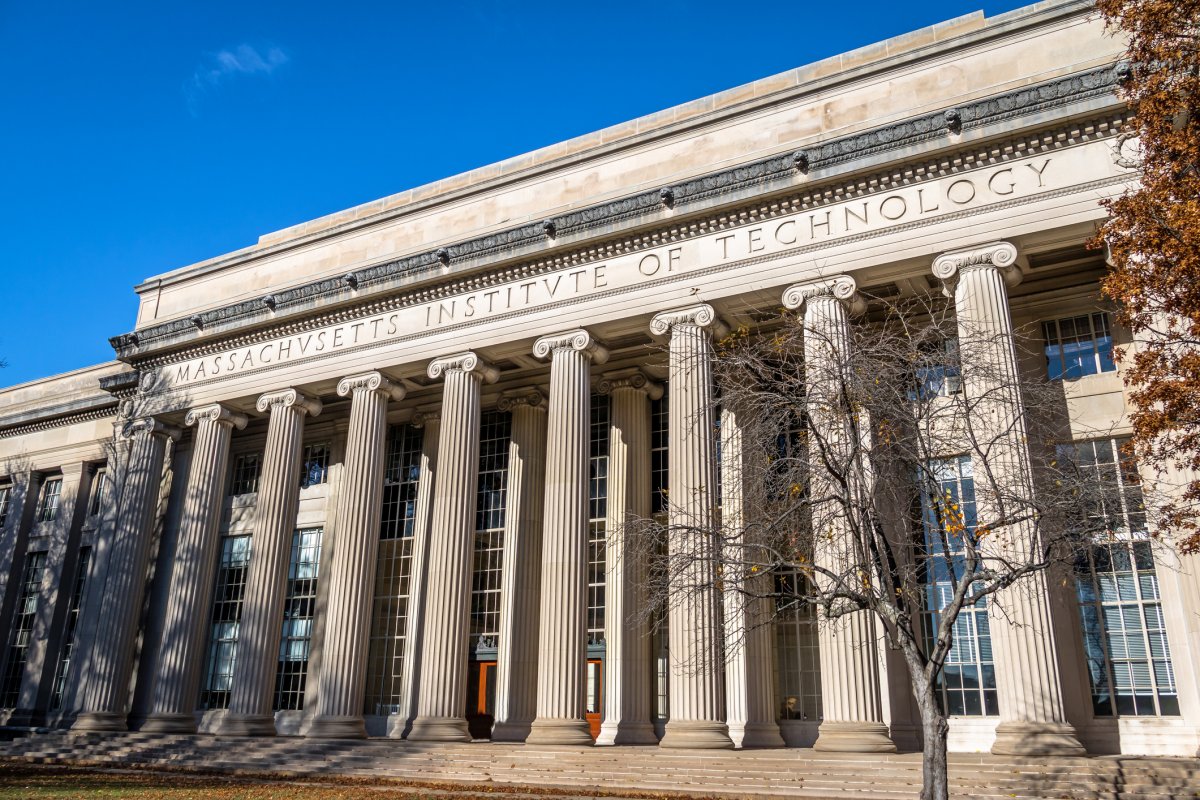
2026 MIT CEEPR Postdoctoral Associate Openings
MIT CEEPR is accepting applications for two open postdoctoral associate positions. One position will work on quantitative analysis projects related to the energy transition and electricity markets. The other position will develop empirical models of supply, demand, and international trade conditions for minerals required for the energy transition. Interested candidates with a related Ph.D. degree can find the application link below.
Learn More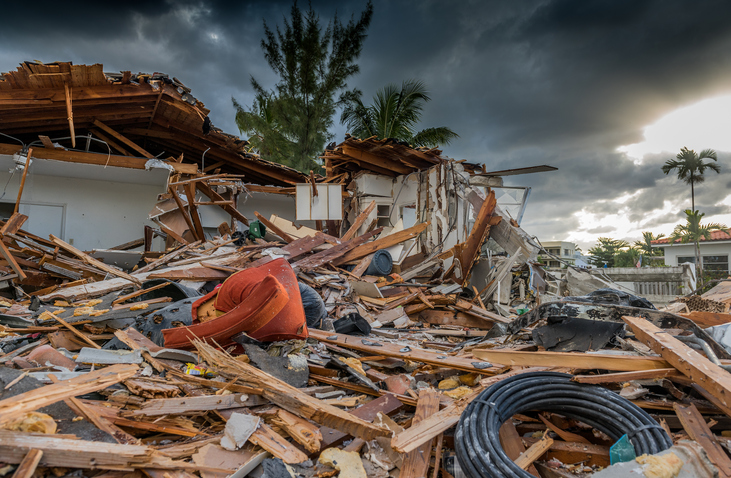
Is climate change making inflation worse?
In a recent paper, CEEPR faculty members Christopher Knittel and Catherine Wolfram with UCLA's Kimberly Clausing estimated that Americans are paying between $400 and $900 per person annually because of global warming. "We're likely at this inflection point where costs are going to start growing more rapidly," Knittel said. "The observed costs have been fairly linear so far. Going forward, that's going to start increasing at an increasing rate." Read more in an article in the New York Times.
Learn More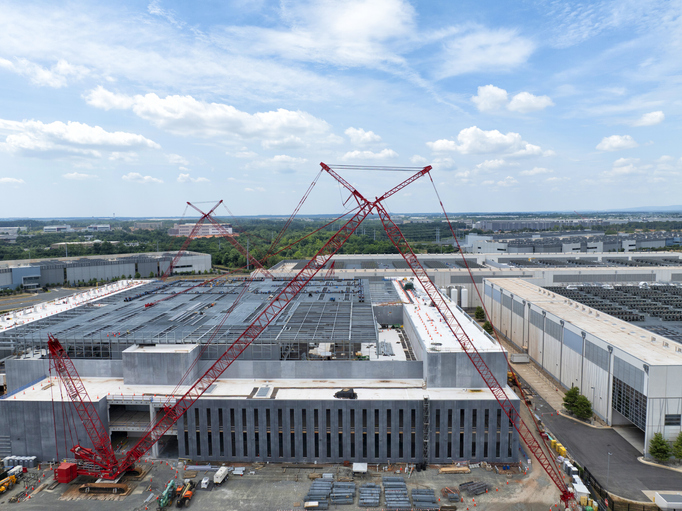
Data centers and your power bill
Tech companies are investing billions of dollars to build energy-hungry data centers at a time when demand for electricity in the United States is already increasing. In an article in the New York Times, CEEPR Director Christopher Knittel stated that the costs of utility investments could add up quickly: "If it's just a few industrial customers with behind-the-meter power plants, it doesn't really matter, but as data centers grow bigger and more plentiful, these things are going to matter so much."
Learn More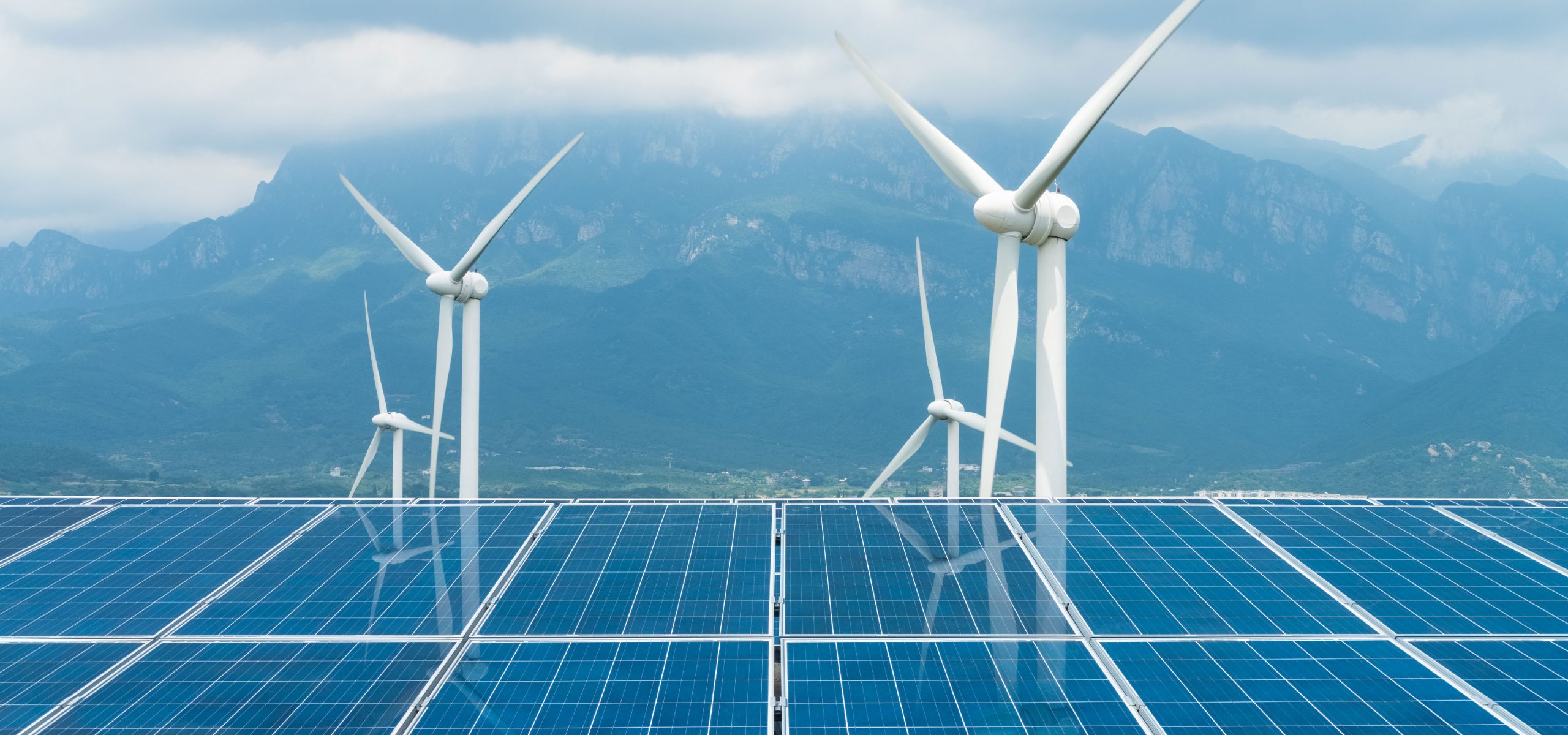
Clean Investment
Monitor
The Clean Investment Monitor (CIM) is a joint project of the MIT Center for Energy and Environmental Policy Research (CEEPR) and the Rhodium Group. The CIM tracks public and private investments in climate technologies in the United States. Through this data and analysis, the CIM provides insights into investment trends, the effects of federal and state policies, and on-the-ground progress in the U.S. towards net-zero greenhouse gas emissions.
The CIM covers dozens of different technologies and their input components across all sectors of the economy, including for clean electricity and transportation, building electrification, low-emission industrial production, and carbon management.
Learn More
Climate Action
Through Education
The MIT Climate Action Through Education (CATE) program, directed by Professor Christopher R. Knittel, has developed an MIT-informed interdisciplinary, place-based climate change curriculum for U.S. high school teachers in the following core disciplines: History/Social Science, English/Language Arts, Math, and Science.
Curricular materials – labs, units, lessons, projects – will be aligned with Next Generation Science Standards, and MA education standards. The solutions-focused curriculum aims to inform students about the causes and consequences of anthropogenic climate change, while equipping them with the knowledge and sense of agency to contribute to climate mitigation, adaptation and resilience.
Learn More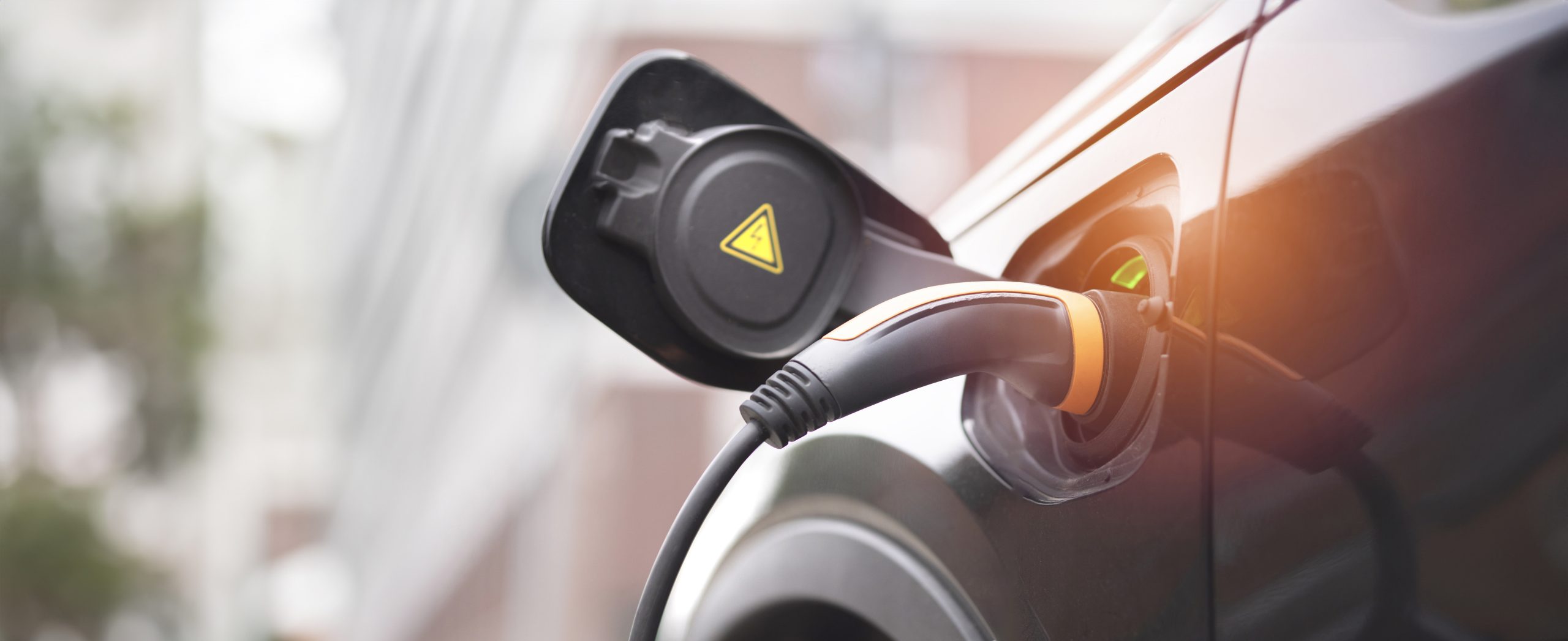
Driving Towards
Seamless Public
EV Charging
Widespread electric vehicle (EV) adoption is critical to confronting climate change – but a lack of sufficient public charging infrastructure is holding many potential EV drivers back. A team of researchers from Harvard and the MIT Center for Energy and Environmental Policy Research will work to accelerate progress on public EV charging as a gating requirement to achieving widespread EV adoption. The team will contribute by working directly with stakeholders and stakeholder groups to identify barriers to seamless public EV charging, build consensus for solutions, and advance those solutions.
Learn More
The Roosevelt
Project
Transitioning the United States economy toward deep decarbonization will have unequally distributed effects, positive and negative, across socio-economic groups, geographies and economic sectors. The concerns of workers and communities adversely affected by the transition must inform the discussion around decarbonization, associated policy changes and institutional development. The goal of the Roosevelt Project is to provide an analytical basis for charting a path to a low carbon economy in a way that promotes high quality job growth, minimizes worker and community dislocation, and harnesses the benefits of energy technologies for regional economic development.
Learn More


